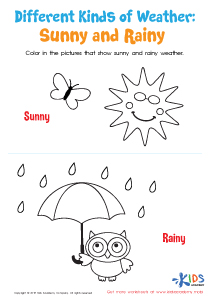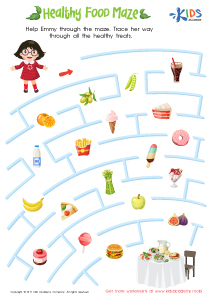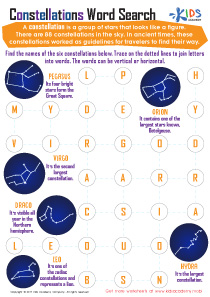Understanding life cycles Easy Science Worksheets for Ages 7-9
4 filtered results
-
From - To
Explore the fascinating world of life cycles with our "Understanding Life Cycles" Easy Science Worksheets designed for ages 7-9! These engaging resources help young learners discover the stages of various organisms, from animals to plants, while honing essential scientific skills. Each worksheet features fun activities that promote critical thinking and boost knowledge retention. With colorful illustrations and clear instructions, our materials make learning interactive and enjoyable. Perfect for classroom settings or homeschooling, these worksheets provide a comprehensive foundation in biology's fundamental concepts. Encourage your child's curiosity about the natural world with our thoughtfully crafted worksheets today!
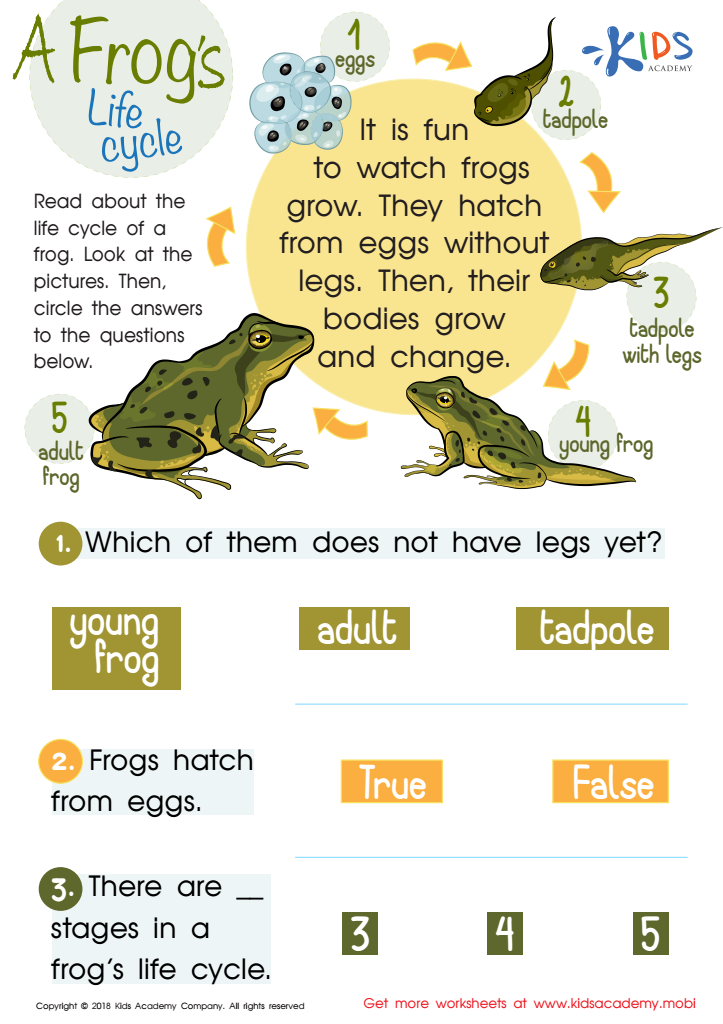

A Frog’s Life Cycle Worksheet
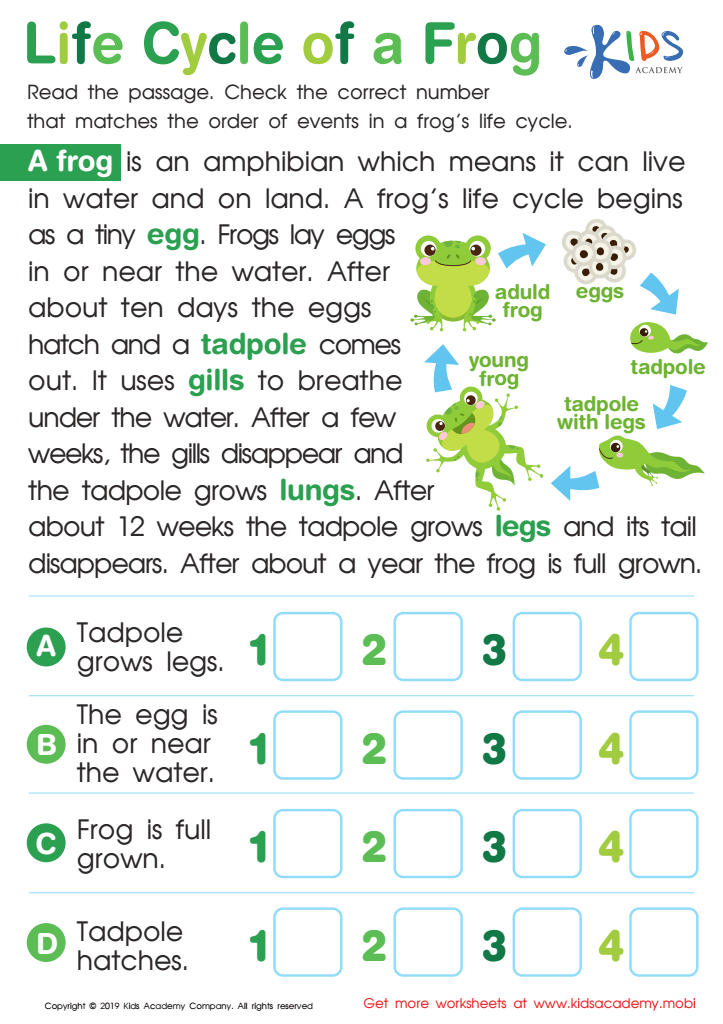

Life Cycle of a Frog Worksheet
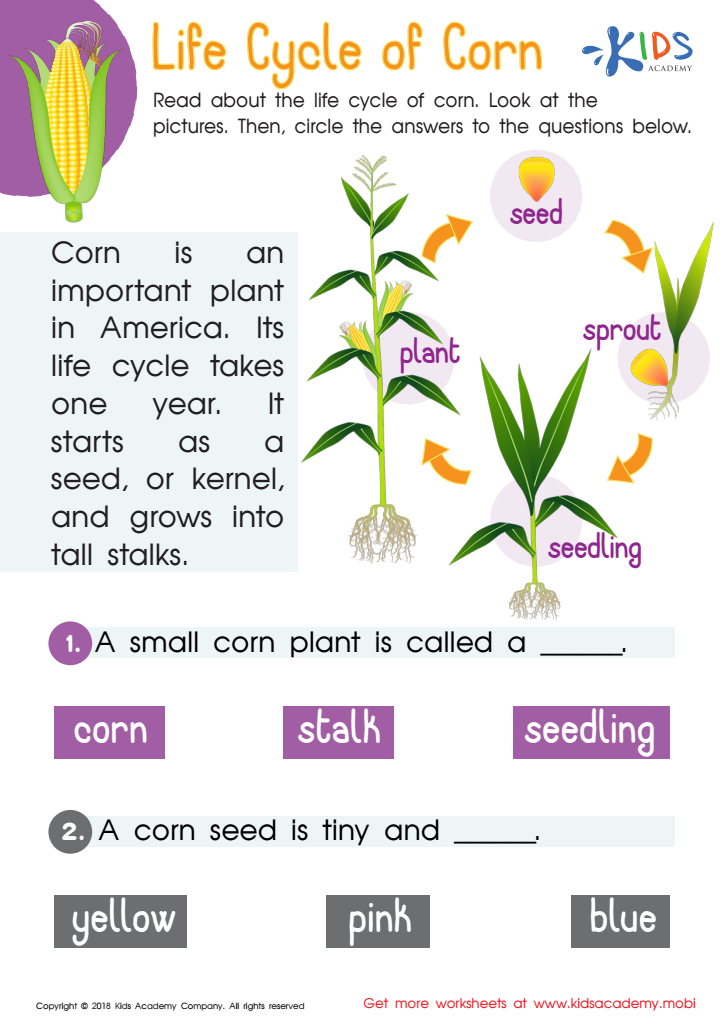

Life Cycle of Corn Worksheet
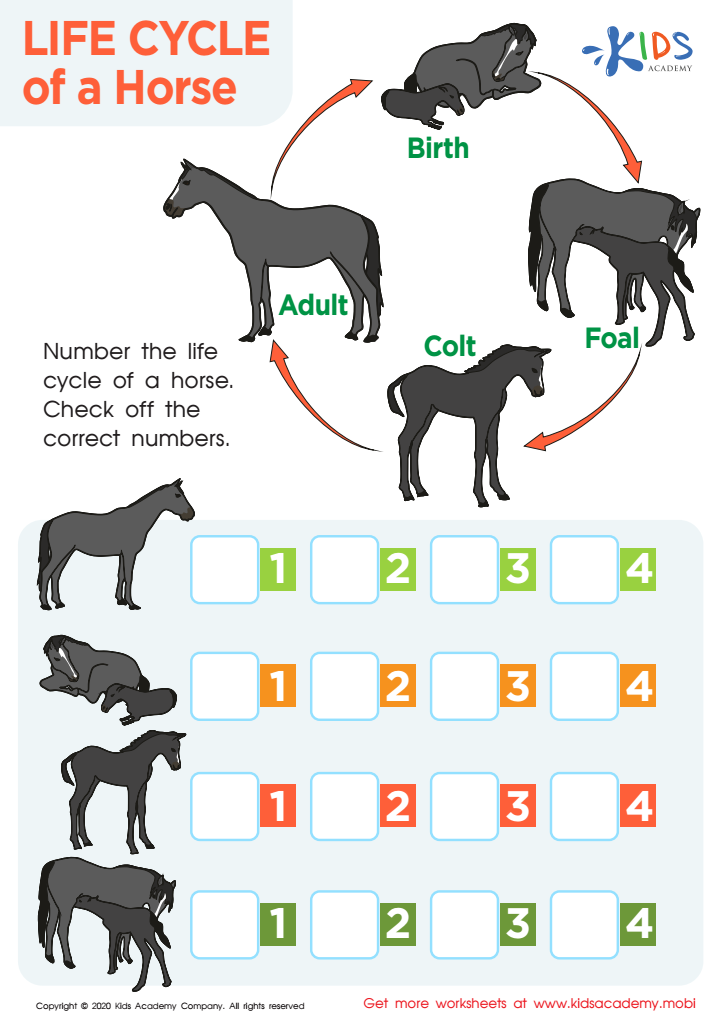

Life Cycle of a Horse Worksheet
Understanding life cycles is crucial for children aged 7-9, as it fosters a fundamental appreciation for nature and biological processes. Parents and teachers should prioritize this subject because it develops children's curiosity and critical thinking skills. By exploring the stages of life in various organisms—such as the metamorphosis of a butterfly or the growth of a plants—children learn about growth, reproduction, and the interconnectedness of ecosystems.
Engagement with life cycles can also promote responsibility and awareness of environmental issues. Children learn how human actions impact other species and the planet, cultivating a sense of stewardship. Additionally, life cycles are relatable and encourage observation and inquiry, providing rich opportunities for hands-on experiences through gardening, classroom activities, and field trips.
Moreover, introducing life cycles aligns with key educational standards and enhances comprehension in subjects like science, mathematics, and art. By investigating real-world phenomena, children strengthen their grasp of scientific principles while connecting with math through measurements and time tracking.
In essence, understanding life cycles creates informed, environmentally conscious citizens while nurturing critical skills and fostering a lifelong love for science and learning. Parents and teachers play a vital role in this foundational stage of education.
 Assign to My Students
Assign to My Students




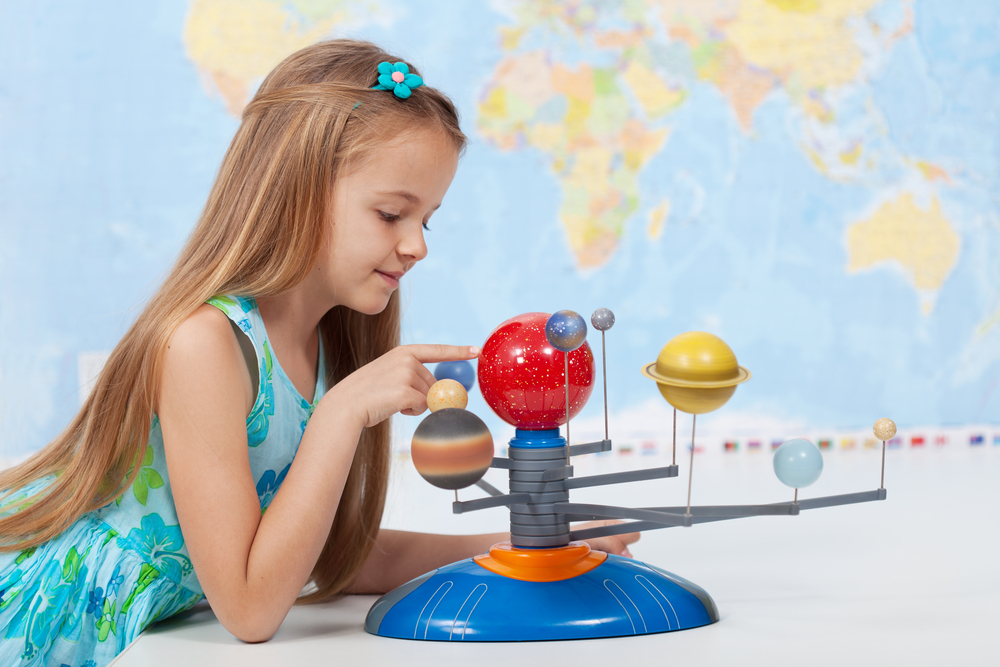
.jpg)





